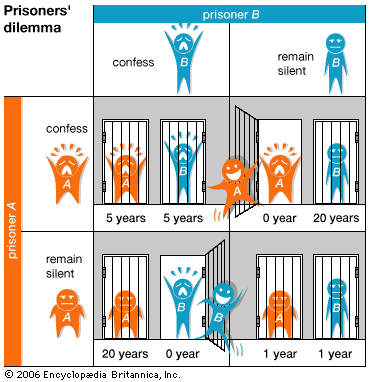Hey guys!
Sorry for not telling you about this sooner, it slipped my mind, but I was one of the lucky attendees of the Susan Fiske lecture. I've read about her work in both this class as well as my Neurohumanities course and I think her work, along with Dr. Harris, is quite intriguing and offers a perspective on social interactions that I haven't really thought about.
In this lecture, Dr. Fiske talks about the classifications of in-groups/out-groups, which can be divided into four categories. These categories are as follows:
Sorry for not telling you about this sooner, it slipped my mind, but I was one of the lucky attendees of the Susan Fiske lecture. I've read about her work in both this class as well as my Neurohumanities course and I think her work, along with Dr. Harris, is quite intriguing and offers a perspective on social interactions that I haven't really thought about.
In this lecture, Dr. Fiske talks about the classifications of in-groups/out-groups, which can be divided into four categories. These categories are as follows:
- pride (in-group)
- envy (out-group)
- disgust (out-group)
- pity (out-group)
She surveyed the research she was involved in, and gave everyone a great idea of how this classification works. There were some interesting perspectives given, and what I found truly amazing is how the mPFC may not even react to people classified in the disgust out-group category. It was mentioned however that the slightest though about something as trivial as what they had for breakfast, can activate the mPFC despite the way we initially think about them. This collective four group system was named the Stereotypic Content Model (SCM), which divides people into these groups based on the parameters of, "warmth," and "competence.
The whole concept makes a lot of sense and I would be interested in seeing how this manifests itself in children, who aren't as quick to stereotype as adults are. You should definitely look into their research though, it is really interesting!









